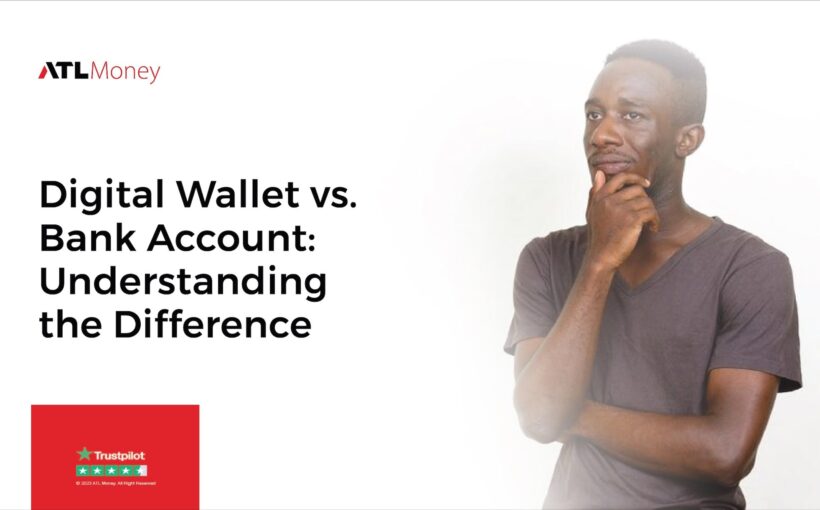In today’s digital age, the way we manage and utilize our finances has evolved significantly. Two prominent methods for managing money are digital wallets and bank accounts, each offering distinct features and benefits. Understanding the difference between these two systems is essential for individuals seeking to effectively handle their funds and transactions.
In this article, we’ll delve into the disparities between digital wallets and bank accounts to provide clarity on their functionalities and advantages.
Digital Wallets
Definition: A digital wallet, often referred to as an e-wallet, is a virtual platform that allows users to store, manage, and transact funds digitally. It can be accessed through a mobile application or a web-based interface.
Functionality: Digital wallets enable users to store various forms of currency, including fiat money and cryptocurrencies. They facilitate a range of financial activities, such as sending and receiving money, making online purchases, and in some cases, even in-store transactions via mobile devices.
Security Features: Many digital wallets integrate advanced security measures, including encryption and multifactor authentication, to safeguard user funds and personal information.
Convenience: Digital wallets offer swift and convenient means of transferring money, often with low fees and instantaneous processing. They also allow users to simplify bill payments, split expenses with friends, and manage loyalty or rewards points in a single platform.
Bank Accounts
Definition: A bank account is a financial account provided by a bank or financial institution, allowing individuals to deposit funds, earn interest, and conduct various transactions.
Functionality: Bank accounts serve as a secure repository for funds, providing features such as check writing, bill payments, direct deposits, and wire transfers. Many bank accounts also offer debit cards for easy access to funds.
Security Features: Banks implement stringent security protocols to protect customer accounts, which may include fraud monitoring, insurance coverage, and secure online banking platforms.
Accessibility: Bank accounts offer the flexibility of accessing funds through ATMs, in-branch visits, and online banking. This accessibility ensures that individuals can manage their finances conveniently.
Key Differences
1. Regulatory Oversight: Bank accounts are subject to stringent banking regulations and oversight, ensuring consumer protection and financial stability. Digital wallets often have varying degrees of regulation depending on the region and type of wallet.
2. Interest and Investment Opportunities: Bank accounts typically offer interest on deposited funds, along with additional investment options such as certificates of deposit (CDs) and mutual funds. Digital wallets primarily focus on transactional use, although some offer options for crypto investing.
3. Integration with Traditional Banking: While digital wallets offer flexibility and convenience, they may not fully replace the functionality of a traditional bank account, particularly for services such as mortgage lending, retirement accounts, and certain types of loans.
In summary, digital wallets and bank accounts serve distinct purposes, with each offering its own set of advantages based on an individual’s financial needs and preferences. Both serve as a means to send money still to whoever or wherever you want to, depending on their reach and coverage.
They play a significant role in modern financial management, empowering individuals to transact and manage funds efficiently in a rapidly evolving digital landscape. You can send money abroad easily too through ATLMoney. We provide you with great offers and unbeatable rates for your convenience.
